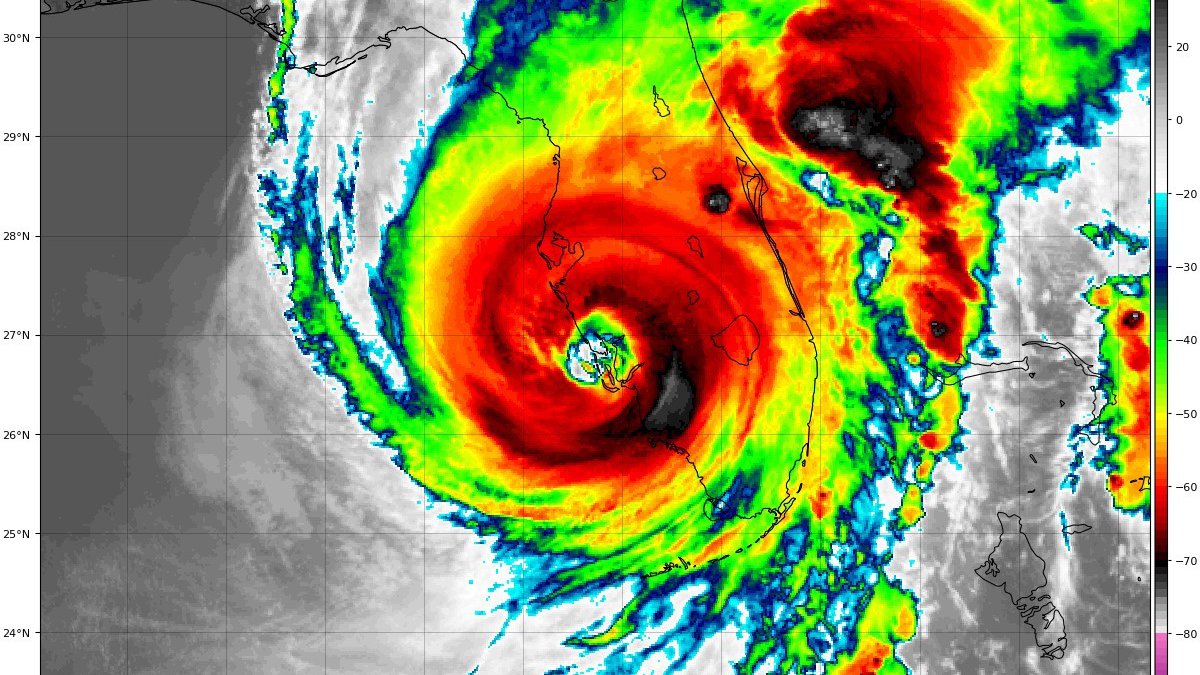
The cost of health care can vary greatly from one year to the next. One family with a chronic condition may be more likely to experience higher medical expenses than another, even if both families have had the same health care coverage.
A tool like KFF Marketplace's calculator can help find you an affordable health plan that suits your needs and budget. The site offers information on deductibles and out-of-pocket limits, as well as other cost-sharing options. These are all important factors for consumers to consider before choosing a health insurance plan.

Average Health Insurance Deductible
A deductible represents the amount you'll have to pay upfront before your insurance provider begins paying. In most cases, you and your health insurance provider will share the cost of medical services until you reach the deductible level. After you reach that level, your insurance company will cover the remaining costs.
You can select a high-deductible or low-deductible plan. You can choose a low-deductible plan that has lower monthly premiums. However, you'll pay more in the event of an emergency or illness.
Individuals and families with the most expensive plans have a minimum annual deductible amount of $1700. Lively CEO Ryan Wiik says that Obamacare plans have the highest deductibles, with some options having an average deductible as high as $4,000 or even more.

Bronze-tier plans are relatively affordable if you don't use prescriptions or expect to need many medical services. Bronze-tier plans have higher deductibles, but the premiums are often lower than other tiers of coverage. Some bronze-tier policies have deductibles that are equal to the $7,900 limit on out-of pocket expenses set by law in 2019.